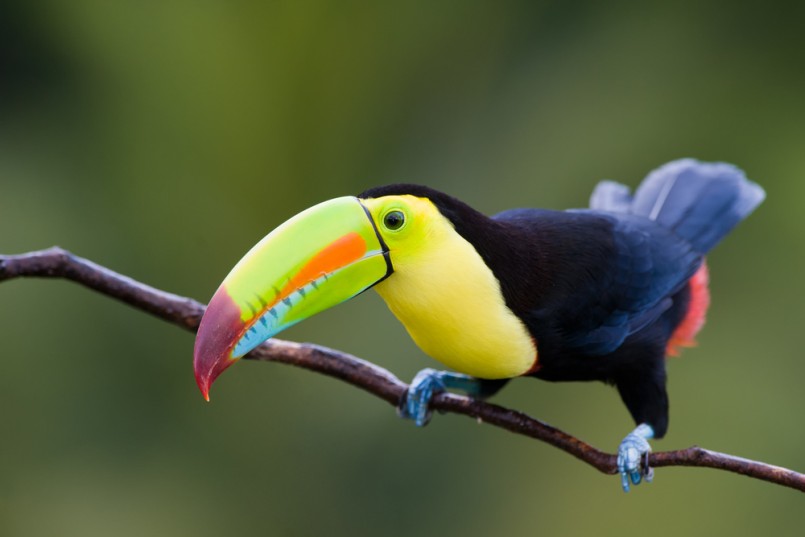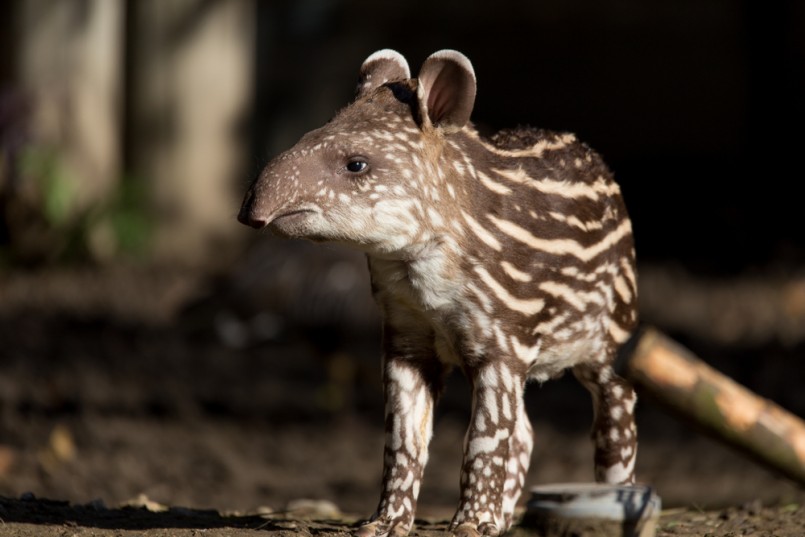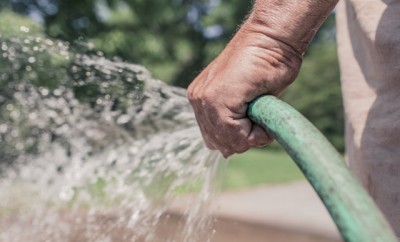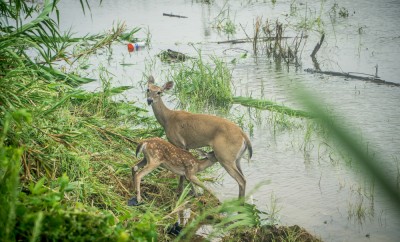Environment
The Atlantic forest can’t survive without the toucans and the tapirs

Image: Shutterstock/Eduardo Rivero
When discussing global warming, it’s common for us to focus on melting glaciers and warming temperatures, but with our global warming spotlight series we aim to zoom into specific environments that are being drastically affected by climate change, but not in the way that is usually talked about. The scary reality is that global warming consequences go beyond smog and rising sea level. It’s our goal to spotlight these unique stories all over the world.
For instance, in South America’s Atlantic Forest, a biodiversity hotspot, the animals living off of our most important trees are becoming smaller in number. These trees are the ones that store the most carbon in the world, and they actually need the animals that feed off of them to live in order for them to survive as well. Now you can see how this turns into a greater problem for the rest of the world. These highly important trees need forest animals to feed off of their fruit so that the seeds can spread throughout the land creating more of these carbon storehouses.

Image: Shutterstock/Artush
The Atlantic Forest used to be the second largest forest in South America, next to the Amazon. It originally covered from the north of Brazil to Argentina and Paraguay. Due to logging and deforestation, this forest is only twelve percent of what it used to be. As essential forest animals like the toucans and tapirs decline, the forest has shrunk as a result.These animals are the only ones who eat the large fruit of these threatened trees. So as they disappear, the trees don’t stand a chance. The Atlantic Forest’s capacity to store carbon dropped twenty percent, causing greenhouse gas emission to increase.
This same dilemma is happening all over the world. In Africa, certain trees require elephants eating them for their survival. But elephant poaching has hurt their population due to the ivory trade, which means those trees are being left alone too.
Unfortunately, animals are often left out when discussing trees and deforestation. But the animals are vital to the survival of the forests, and ultimately, for the survival of our planet.





0 comments